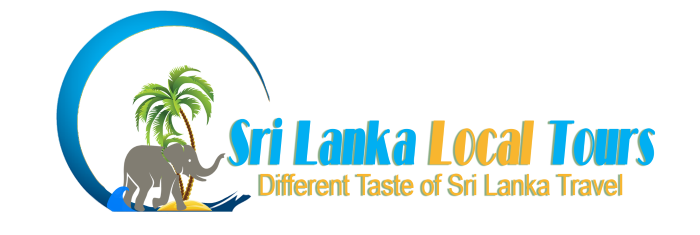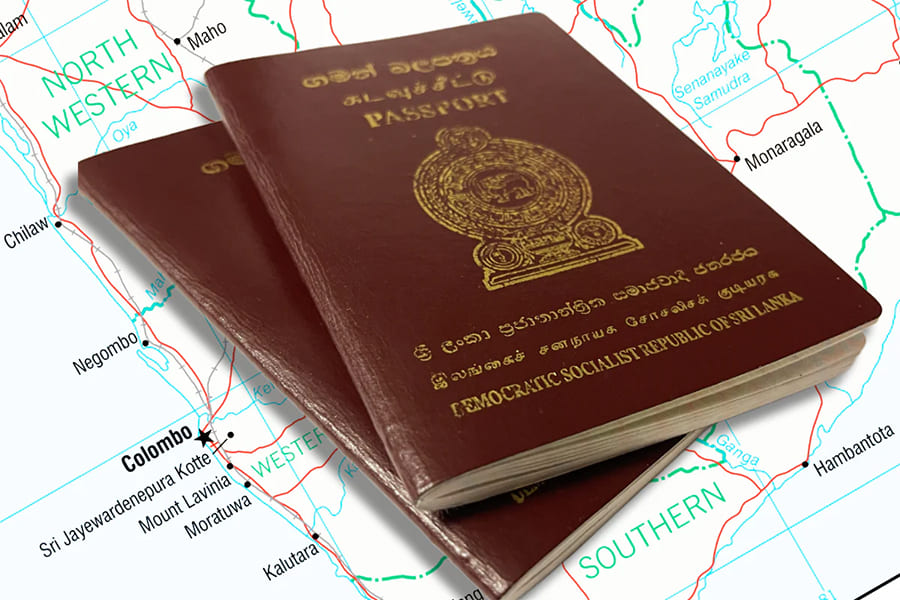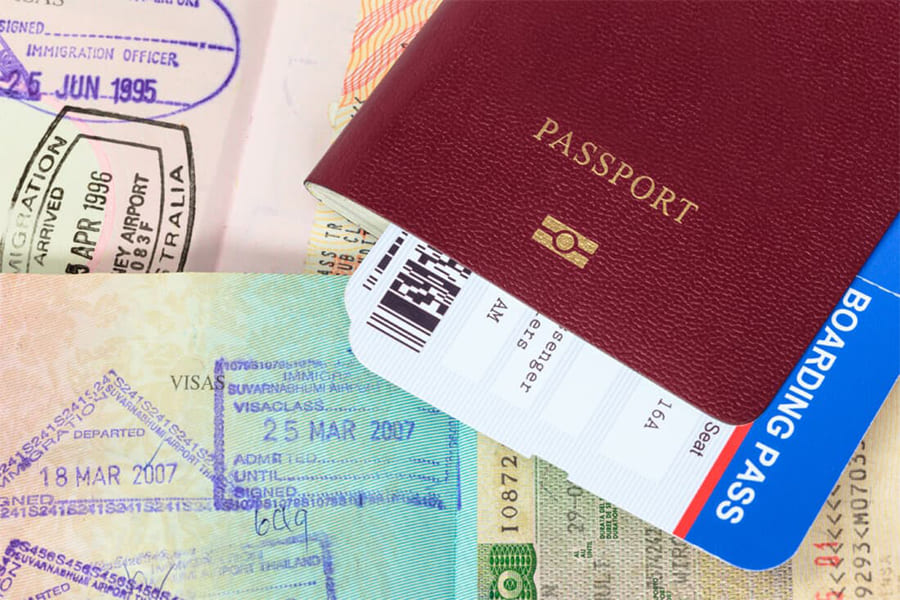Sri Lanka, the pearl of the Indian Ocean, has long been a sought-after destination for tourists, business travelers, and adventurers alike. Its visa policy plays a crucial role in facilitating international travel, balancing security with the promotion of tourism and economic ties. In recent years, Sri Lanka has expanded its visa exemption programs to attract more visitors, particularly following the global recovery from the COVID-19 pandemic. This has included waiving fees for Electronic Travel Authorizations (ETAs) for citizens of numerous countries, effectively making entry visa-free in practice for short stays. Many travelers combine these benefits with Sri Lanka local tour packages, ensuring a seamless experience that highlights the island’s culture, heritage, and natural beauty. Conversely, Sri Lankan passport holders enjoy varying degrees of travel freedom to other nations, with access to several destinations without prior visa requirements.
Sri Lanka’s visa system centers on the ETA, an online pre-approval process for travelers. While most visitors need an ETA, certain nationalities benefit from full visa exemptions or fee waivers, simplifying entry. These policies aim to boost tourism, a key economic driver for Sri Lanka, contributing significantly to foreign exchange and jobs.
Fully Visa-Exempt Countries
A few countries have bilateral agreements with Sri Lanka, allowing their citizens to enter without a visa or ETA for specific periods. These exemptions, typically for ordinary passports, foster diplomatic and regional ties. The Department of Immigration and Emigration of Sri Lanka lists the following countries with full visa exemptions for ordinary passport holders:
- Maldives: Up to 90 days.
- Seychelles: Up to 60 days per visit, with a cumulative 90 days per year.
- Singapore: Up to 30 days.
- Hong Kong (SAR citizens): Up to 30 days.
These exemptions often extend to diplomatic and official passports, sometimes with longer durations. For example, countries like Bangladesh (30 days for diplomatic/official), Brazil (90 days for diplomatic/official/service), and Vietnam (90 days for diplomatic/official) have agreements limited to specific passport types. These reflect Sri Lanka’s focus on regional and global cooperation.
Countries Eligible for Free ETA (Visa-Free Access)
Sri Lanka has introduced a free visa regime for nationals of 40 countries, waiving ETA fees and offering visa-on-arrival privileges for up to 30 days for tourism, business, or transit. Launched in 2025 after a 2024 pilot, this policy aims to revive tourism by simplifying entry. Travelers from these countries can apply online via the official ETA portal or get approval on arrival at no cost, making it effectively visa-free.
The 40 countries eligible for this Sri Lanka visa exemption, as announced by the government, include major economies, regional neighbors, and key tourism markets:
| No. | Country |
|---|---|
| 1 | United Kingdom of Great Britain and Northern Ireland |
| 2 | Federal Republic of Germany |
| 3 | Kingdom of the Netherlands |
| 4 | Kingdom of Belgium |
| 5 | Kingdom of Spain |
| 6 | Commonwealth of Australia |
| 7 | Republic of Poland |
| 8 | Republic of Kazakhstan |
| 9 | Kingdom of Saudi Arabia |
| 10 | United Arab Emirates |
| 11 | Federal Democratic Republic of Nepal |
| 12 | People's Republic of China |
| 13 | Republic of India |
| 14 | Republic of Indonesia |
| 15 | Russian Federation |
| 16 | Kingdom of Thailand |
| 17 | Federation of Malaya (Malaysia) |
| 18 | Japan |
| 19 | Republic of France |
| 20 | United States of America |
| 21 | Canada |
| 22 | Czech Republic (Czechia) |
| 23 | Republic of Italy |
| 24 | Swiss Confederation (Switzerland) |
| 25 | Republic of Austria |
| 26 | State of Israel |
| 27 | Republic of Belarus |
| 28 | Islamic Republic of Iran |
| 29 | Kingdom of Sweden |
| 30 | Republic of Finland |
| 31 | Kingdom of Denmark |
| 32 | Republic of Korea |
| 33 | State of Qatar |
| 34 | Sultanate of Oman |
| 35 | Kingdom of Bahrain |
| 36 | New Zealand |
| 37 | State of Kuwait |
| 38 | Kingdom of Norway |
| 39 | Republic of Türkiye |
| 40 | Pakistan |
This expansion from an initial seven countries (China, India, Indonesia, Russia, Thailand, Malaysia, Japan) to 40 reflects Sri Lanka’s outreach to Europe, North America, the Middle East, and Asia. The policy has boosted tourist arrivals, with further growth expected in 2025. Visitors must still hold a passport valid for six months and may need proof of onward travel or sufficient funds.
For non-exempt countries, standard ETA fees apply ($50-75 USD, depending on nationality and visa type), with extensions available for longer stays. Recent policy changes, including a temporary suspension of the e-Visa system in 2024 due to court rulings, show the evolving nature of these regulations, influenced by infrastructure needs at entry points like Bandaranaike International Airport.
Visa on Arrival (VOA) Countries
Sri Lankans can obtain visas on arrival in these countries, often with minimal paperwork:
| Country | Duration |
|---|---|
| Burundi | 30 days |
| Cambodia | 30 days |
| Cape Verde | Not specified (EASE) |
| Comoros | 45 days |
| Djibouti | 90 days |
| Guinea-Bissau | 90 days |
| Iran | 30 days |
| Laos | 30 days |
| Madagascar | 90 days |
| Maldives | 30 days |
| Mauritius | 60 days |
| Nepal | 150 days |
| Palau | 30 days |
| Samoa | 90 days |
| Sierra Leone | 30 days |
| Tanzania | Not specified |
| Timor-Leste | 30 days |
| Tuvalu | 30 days |
VOA options facilitate spontaneous travel, with fees varying by destination. Regional neighbors like Maldives and Nepal strengthen connectivity. Additionally, eVisa programs in countries like India (30 days), Kenya (90 days eTA), and Vietnam (90 days) offer online application convenience, expanding travel options.


